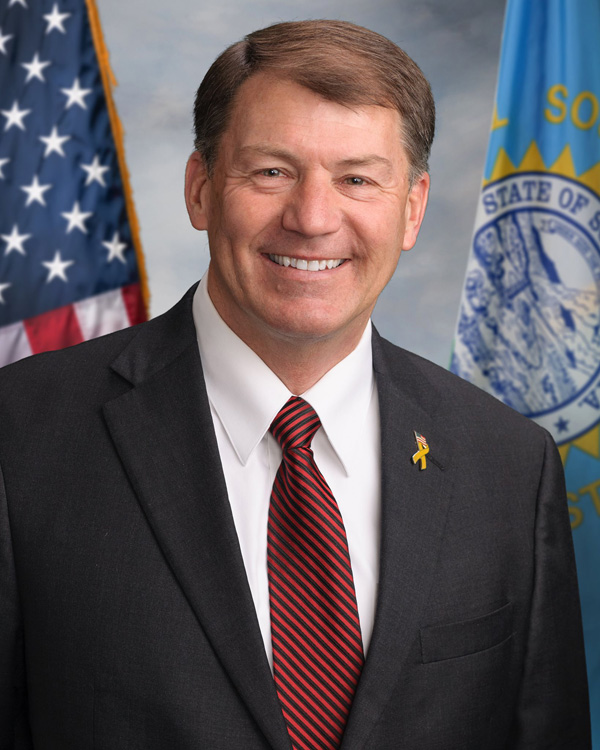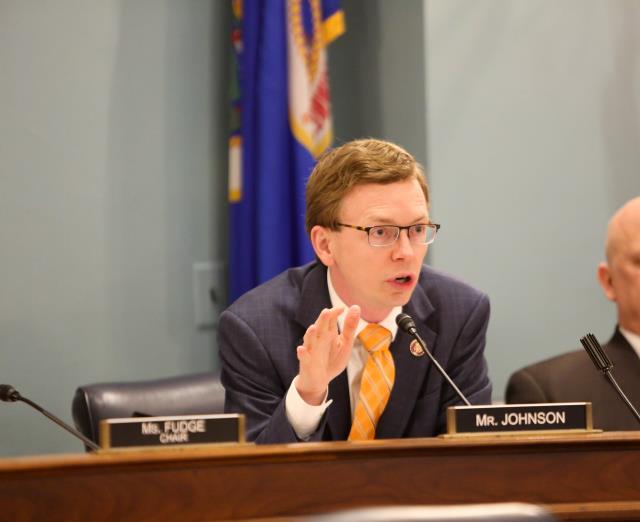
 New Law Finally Puts Illegal Robocallers on Notice
New Law Finally Puts Illegal Robocallers on Notice
By Sen. John Thune
If you’re a Seinfeld fan like me, you probably remember the episode where Jerry receives a phone call from a telemarketer, interrupting his conversation with other characters on the show. Jerry tells the person on the other end of the line that he’s busy, but says that if the telemarketer shares his home phone number, he would call him back later. The telemarketer says he won’t do that, and Jerry asks, “I guess you don’t want people calling you at home?” When he agrees, Jerry says, “Well, now you know how I feel.”
Jerry’s sentiment is something we all can relate to, and maybe you’ve even used his strategy a time or two when you’ve received an unwanted robocall or telemarketing call over the years.
As technology has evolved, traditional telemarketing calls have gone from a landline ringing during dinner to relentless, downright annoying – and sometimes illegal – phone calls that are barraging our home, work, and mobile phones at all hours of the day. I receive them. My friends receive them. Even my 100-year-old dad has received them.
For some people, the situation has gotten so bad that they’ve chosen to simply stop answering the phone all together. That’s an unacceptable position for Americans to feel forced into, particularly if they’re sacrificing answering legitimate calls in order to avoid the annoying nuisance ones.
While no one with a phone is immune to robocalls, some people are specifically targeted, often vulnerable populations like the elderly. If you don’t know someone who’s been tricked by one of these scammers, you’ve probably seen a story on the news or read about it online or in the newspaper. These guys will stop at nothing. Well, hopefully, until now.
As I travel around South Dakota, I get a good sense of what’s on folks’ minds. As the hot-button issues of the day change, the feedback I hear from people often changes, too. One issue that has never seemed to change, though, is the outrage people feel toward illegal robocallers.
Having been on the receiving end of these calls myself, I tried to harness this collective outrage when I drafted the Telephone Robocall Abuse Criminal Enforcement and Deterrence Act, or TRACED Act, to formally put these scammers on notice. As Frank Costanza said during the annual “airing of grievances” on Seinfeld, “I’ve got a lot of problems with you people, and now you’re going to hear about it!”
This bipartisan bill is actually pretty straightforward. First, it gives federal agencies more authority to go after illegal robocallers, including by increasing the window in which they’re able to levy fines, and it significantly increases the amount robocallers can be fined in that expanded window. Second, it requires federal regulators to finalize rules that will require most carriers to adopt technology that will prevent these calls from reaching consumers in the first place. Finally, among other common-sense fixes, my bill adds teeth to the law’s enforcement mechanism by creating a credible threat of criminal prosecution – spending time behind bars.
It’s worth noting that the TRACED Act only targets those unwanted and illegal robocalls, like being offered a free trip to the Bahamas in exchange for a Social Security number and credit card information. It protects legitimate entities that use technology to contact consumers, like a bank flagging a potentially fraudulent transaction or a health care provider reminding a patient about an upcoming medical appointment.
My bill was approved by the Senate earlier this year with overwhelming support. Just before Congress adjourned in 2019, the Senate approved a slightly modified version by a simple voice vote, sending it to the president for his signature. On December 30, 2019, after years of work, the TRACED Act became the law of the land.
This effort, which I led with Sen. Ed Markey (D-Mass.) was as unique as it was important. In today’s political environment, it’s not every day that you see a conservative Republican teaming up with a liberal Democrat on a bill that was nearly unanimously supported in a divided Congress. That’s why the Washington Post said the TRACED Act is “what good, old-fashioned legislating looks like.” That’s a badge of honor, in my opinion.
While this new law won’t immediately stop every single illegal robocall, it does mark the first major attempt to end this scourge in more than a decade, and it will lay important groundwork in the fight toward giving consumers greater peace of mind when their phone rings in 2020 and beyond.
###
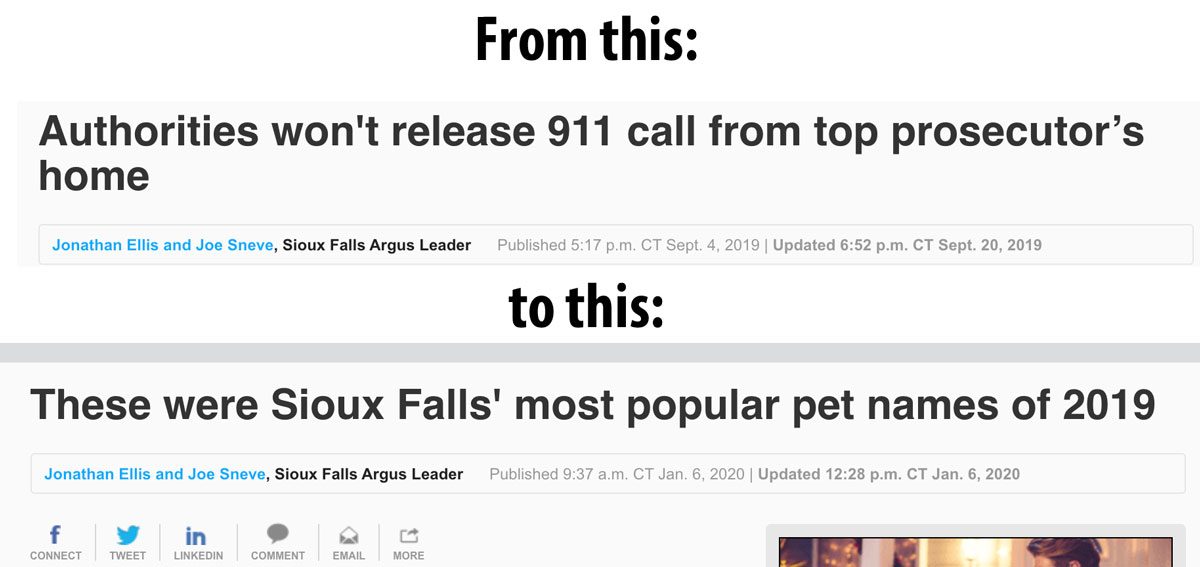

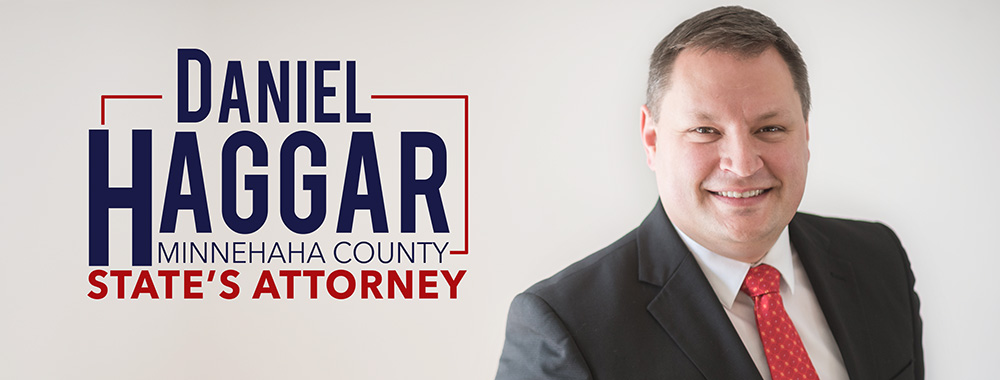
 Sioux Falls, SD – January 6, 2020– Daniel Haggar announces his candidacy for Minnehaha County State’s Attorney.
Sioux Falls, SD – January 6, 2020– Daniel Haggar announces his candidacy for Minnehaha County State’s Attorney.

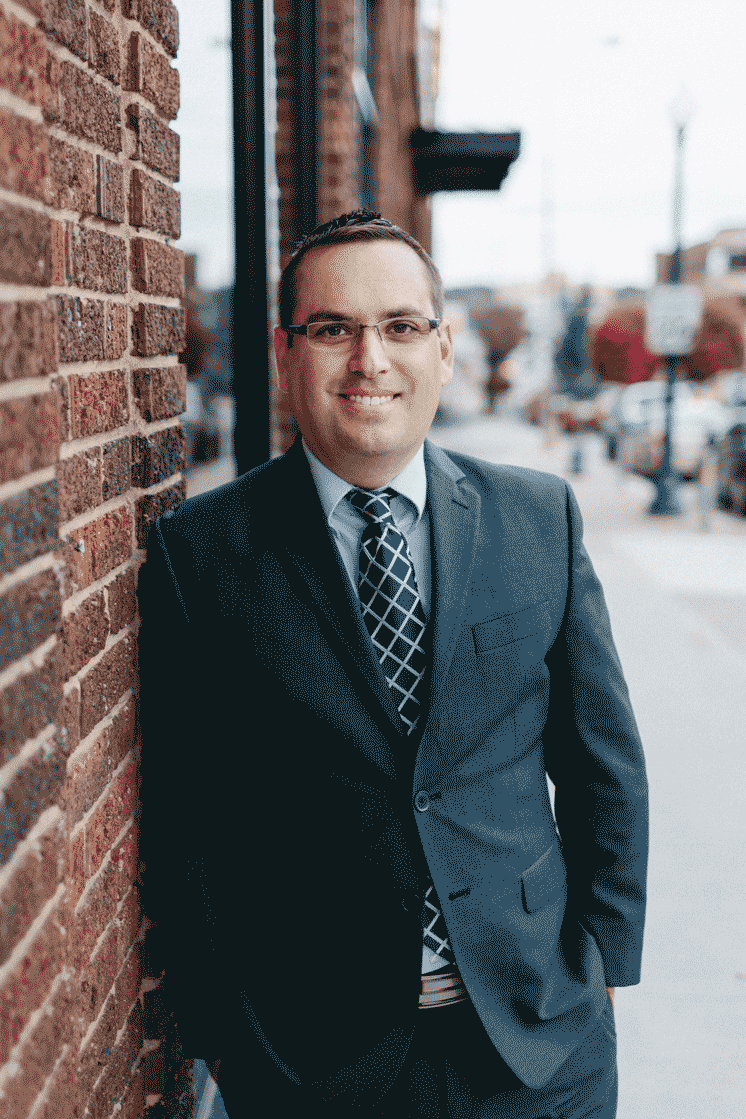 Sioux Falls, SD — Greg Neitzert, City Councilor for the Northwest District and candidate for reelection, has far exceeded his fundraising goal and ended the year with $13,586 in contributions.
Sioux Falls, SD — Greg Neitzert, City Councilor for the Northwest District and candidate for reelection, has far exceeded his fundraising goal and ended the year with $13,586 in contributions.

